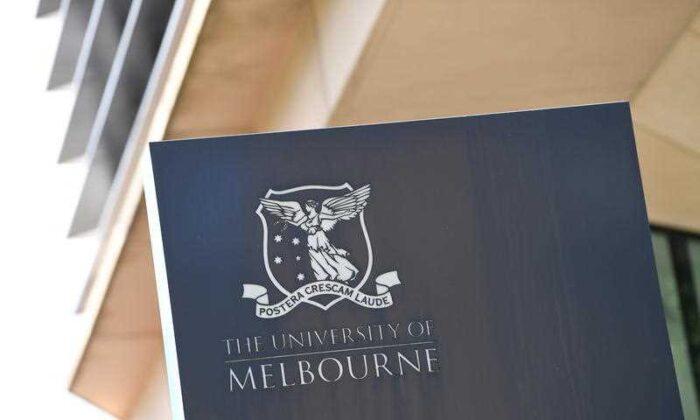An Australian University is facing further legal action over allegedly underpaying casual staff and making false or misleading records.
The Ombudsman alleges that between February 2017 and December 2019, 14 casual staff at the university’s Faculty of Arts were paid for marking work based on “benchmarks” rather than being paid according to their enterprise agreements.
Some alleged benchmark criteria for payment included marking work at a rate of 4000 works per hour, and at another school, “one hour per student.”
The total debt allegedly underpaid to the 14 casual University staff is over $154,000 (US$106,000), ranging between $927 (US$640) and $30,140 (US$20,820) for each individual.
Following the benchmarks set by the university, the casual staff had to allegedly enter their hours worked into the University’s human resources information system rather than the actual hours they worked.
Contraventions Against Fair Work Act
The Fair Work Ombudsman alleges the University of Melbourne authorised the contraventions because of a corporate culture around the use of marking benchmarks.A number of senior leaders in the Faculty allegedly knew about the benchmarking practices that would result in staff members not being paid for the time they spent marking, despite concerns about benchmarking being raised in April 2016, February 2017, and on multiple occasions in 2018 and 2019.
The breach of its enterprise agreements was a “serious contravention” of the Fair Work Act from Sept. 15, 2017, said the ombudsman.
With maximum penalties for serious contraventions being 10 times higher than penalties that would apply otherwise. Fair Work Ombudsman Sandra Parker said the Federal Court viewed the university sector as one of the regulator’s top priorities.
“Allegations of universities underpaying their employees by systematically failing to follow their own enterprise agreements are of great concern. It is important that where we find alleged serious contraventions we take employers to court and seek penalties to deter non-compliance,” Parker said.
“Universities, like all employers, should have proactive measures in place to ensure they are meeting workplace laws and paying employees correctly for all hours worked. If employers become aware of concerns their employees may be being underpaid, they must promptly seek advice and rectify any compliance issues discovered.”
Melbourne University now faces penalties of up to $630,000 (US$435,000) per serious contravention and up to $63,000 (US$43,500) per breach for the other allegations.
Previous Enterprise Agreement Breach Still Ongoing
The Fair Work Ombudsman launched a separate ongoing legal action against the University of Melbourne on Aug. 11 2022, for allegedly threatening to cut the work of two casual staff.The University of Melbourne allegedly coerced and took adverse action on two casual staff who sought to be paid extra for working extra hours.
The regulator alleges the university threatened to not re-employ the two casual staff with the intent to coerce them to not have workplace rights and claim payment for the extra hours of work.
“We treat allegations of employers taking action to stop or prevent employees from claiming their lawful entitlements very seriously. Adverse action and coercion directly undermine workplace laws and the ability of employees to exercise their lawful rights,” said Fair Work Ombudsman Sandra Parker.
Back Paying 15,000 University Staff
After analysing 3.2 million payslip records between 2013 and 2021, the University of Melbourne announced on Nov. 2, 2022, that about 15,000 current and former casual staff were found to be underpaid $22 million (US$15 million).Following the analysis conducted by Deloitte, the university said it will pay $22 million to the underpaid staff under the Wage Remediation Program.
The average payments are at $1,476 (US$1,018) per back pay, including superannuation and interest.
From the review, the most common incorrect payment was for the casual minimum engagement period at 59 percent of payments, and for the weekend and public holiday overtime at 29 percent of payments.
The University of Melbourne Vice-Chancellor, Prof. Duncan Maskell, said: “We apologise to any past or present employees who have not been paid correctly for work they performed.”
The university said it continues to monitor for issues with improved auditing processes to identify potential payment errors as well as implementing changes to its systems for recording and payment of time and attendance.
In an emailed statement to The Epoch Times, a spokesperson for The University of Melbourne said they have received notice of the commencement of legal proceedings by the regulator in relation to a historical issue of underpaying casual staff in a faculty.
“The University will not be providing further public comment on these proceedings while they are before the Courts,” said the spokesperson.
“The University has publicly acknowledged and apologised to past and current employees who had been paid less than they were due for work that they had performed.”





